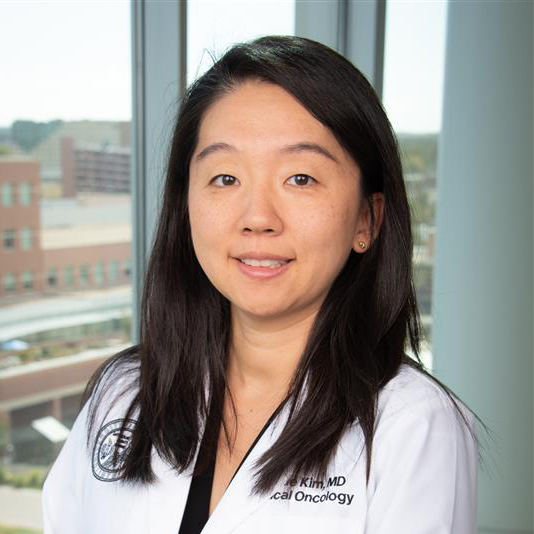Country music star Toby Keith died February 5, 2024 at age 62, according to an announcement on his official website, following his battle with stomach cancer, also known as gastric cancer. The following blog post on his cancer was published June 14, 2022, shortly after he publicly disclosed his diagnosis.
“Last fall I was diagnosed with stomach cancer,” the 60-year-old musician wrote in June 2022 in a statement on Twitter and Instagram. “I’ve spent the last 6 months receiving chemo, radiation, and surgery. So far, so good. I need time to breathe, recover and relax.”
The native Oklahoman was best known for songs such as “Beer for My Horses” and “Courtesy of the Red, White, and Blue (The Angry American),” and is a longtime supporter of pediatric cancer patients and their families.
His diagnosis spotlights a type of cancer that accounts for about 1.5% of all new cancer diagnoses in the United States each year, according to the American Cancer Society. An estimated 26,380 new cases of stomach cancer will be diagnosed this year, with men facing higher risk than women.
Sunnie Kim, MD, a University of Colorado Cancer Center member, Katy O. and Paul M. Rady Esophageal and Gastric Center of Excellence research member, and assistant professor of medical oncology in the CU School of Medicine, researches stomach and gastroesophageal junction (GEJ) cancers. She is leading an upcoming clinical trial studying a chemotherapy-free drug treatment regimen for patients with stage IV stomach and GEJ cancers.
We recently spoke with her about this rare but serious diagnosis.





